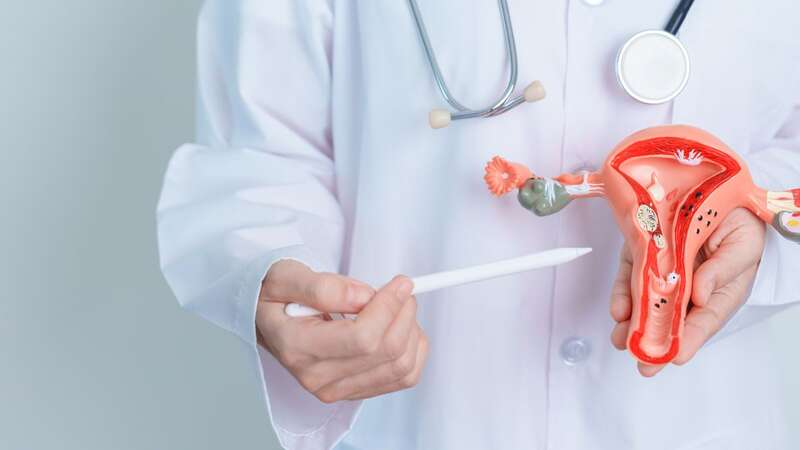
Every year approximately 850 people succumb to a cancer that is nearly entirely preventable.
Cancer Research UK reports that just under 3,200 people are diagnosed with cervical cancer annually - a disease that is 99.8 per cent preventable. Cervical cancer occurs when abnormal cells in the cervix lining grow uncontrollably, eventually forming a tumour. It predominantly affects women under 45 and is typically caused by an infection from certain types of human papillomavirus (HPV).
Attending cervical screenings can often prevent this cancer, as these aim to identify and treat cell changes before they develop into cancer. Cervical cancer usually grows very slowly, and its severity depends on its size, whether it has spread, and your overall health.
However, not everyone will experience symptoms, making it even more crucial for women to do everything possible to prevent it. There are four red flag symptoms to watch out for, reports Gloucestershire Live.
Symptoms of cervical cancer include:
 Urgent warning over 'silent killer' cancer that can first appear as back pain
Urgent warning over 'silent killer' cancer that can first appear as back pain
- vaginal bleeding that's unusual for you – including bleeding during or after sex, between your periods or after the menopause, or having heavier periods than usual
- changes to your vaginal discharge
- pain during sex
- pain in your lower back, between your hip bones (pelvis), or in your lower tummy
If you have another condition like fibroids or endometriosis, you may regularly experience these symptoms and become accustomed to them. However, if your symptoms change, worsen, or feel unusual for you, it's important to get checked by a GP.
How can I prevent cervical cancer?
While it's not always possible to prevent cervical cancer, there are measures you can take to reduce your risk. The most effective methods are cervical screening and HPV vaccination.
- All women and people with a cervix between the ages of 25 and 64 are invited for regular cervical screening. It helps find and treat any changes in the cells of the cervix before they can turn into cancer.
- All children aged 12 to 13 are offered the HPV vaccine. It helps protect against all cancers caused by HPV, as well as genital warts.
Additionally, you can decrease your likelihood of developing cervical cancer by:
- using condoms, which lower your chance of getting HPV – but they do not cover all the skin around your genitals so you're not fully protected
- quitting smoking – smoking can weaken your immune system and the chemicals in cigarettes can also cause cervical cancer
- eating a balanced diet to help support your immune system
Read more similar news:
Comments:
comments powered by Disqus

































